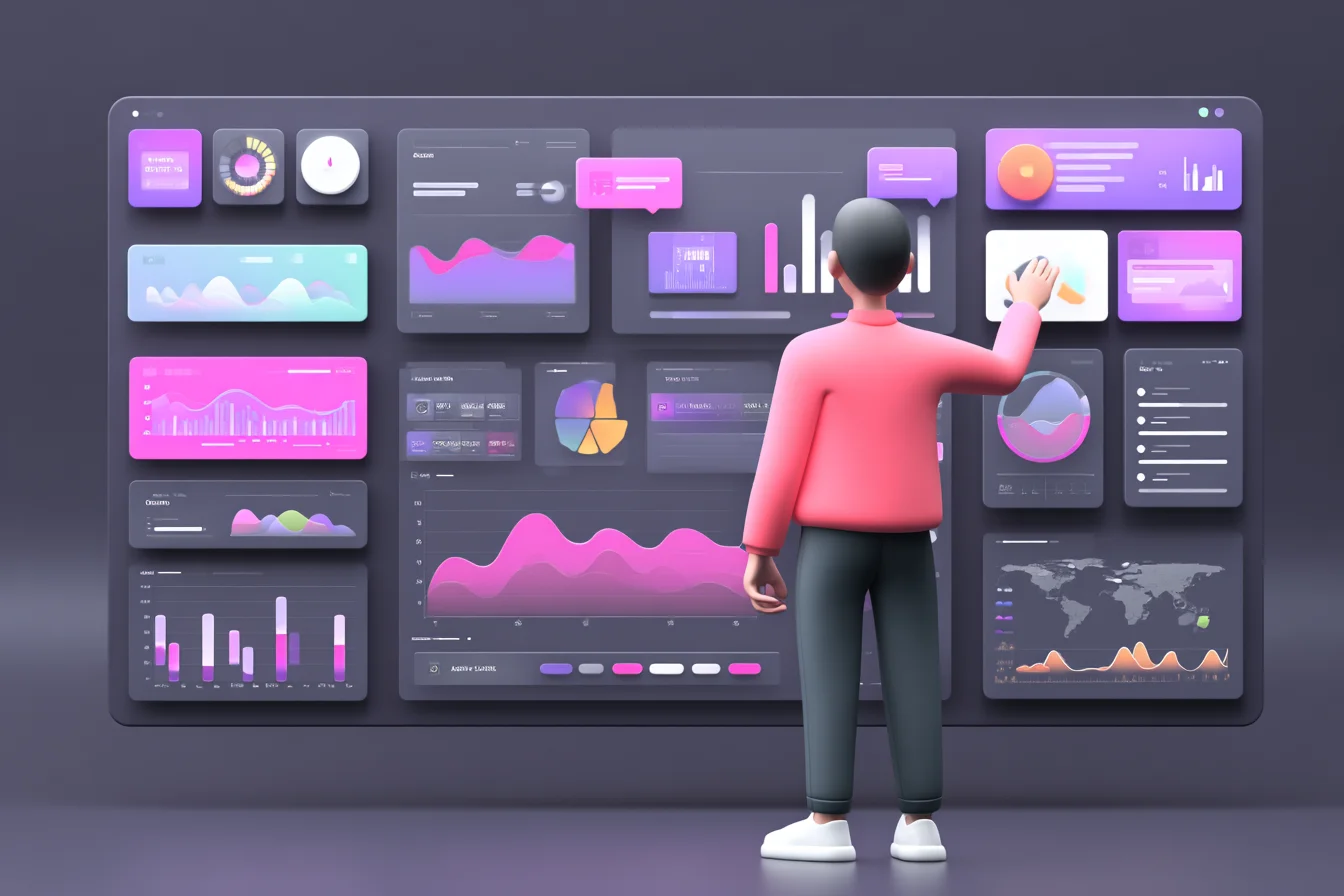Understanding Cognitive Automation
Cognitive automation refers to the use of artificial intelligence technologies to automate processes that typically require human intelligence. Unlike traditional automation, which focuses on repetitive tasks, cognitive automation involves advanced technologies such as machine learning, natural language processing, and data analytics. These technologies allow systems to learn from data, improve over time, and make informed decisions, thereby providing a significant edge in various business operations.
The Impact of Cognitive Automation on Business KPIs
The introduction of cognitive automation has substantial implications for key performance indicators (KPIs) across different business domains. Here are some of the areas where cognitive automation can lead to significant improvements:
- 1. Operational Efficiency: One of the most immediate benefits of cognitive automation is enhanced operational efficiency. By automating data-intensive processes, businesses can reduce the time taken to complete tasks, thereby increasing throughput. For example, a financial services company may use cognitive automation to process loan applications, reducing the average processing time from days to hours, significantly improving operational metrics.
- 2. Improved Decision-Making: Cognitive automation enables organizations to analyze vast amounts of data quickly and accurately. This capability enhances decision-making processes by providing insights derived from data analytics. For instance, a retail company can leverage cognitive automation to analyze customer buying patterns and optimize inventory management, ensuring stock levels align with customer demand.
- 3. Cost Reduction: By automating mundane and repetitive tasks, businesses can reduce labor costs and reallocate human resources to more strategic roles. This shift not only optimizes operational costs but also enhances employee morale, as workers can focus on higher-value tasks. A manufacturing firm might implement cognitive automation to streamline supply chain operations, leading to reduced operational costs and improved profit margins.
Real-World Examples of Cognitive Automation in Action
To fully appreciate the impact of cognitive automation on business KPIs, it’s helpful to examine real-world applications across various industries:
- 1. Healthcare: Cognitive automation in healthcare can analyze patient data to identify treatment patterns or predict patient outcomes. By automating the analysis of medical records, hospitals can decrease the time required for patient intake and diagnosis, thereby improving patient care metrics and satisfaction rates.
- 2. Customer Service: Many organizations are adopting cognitive automation in customer service through chatbots that can handle inquiries and support requests. This not only reduces response time but also improves customer satisfaction ratings, as instant support becomes readily available.
- 3. Human Resources: In HR, cognitive automation streamlines the recruitment process by using AI to screen resumes and match candidates with job descriptions. This leads to faster hiring times and improved quality of hires, significantly impacting employee turnover rates and productivity metrics.
Challenges and Considerations
Despite the numerous benefits of cognitive automation, businesses must also navigate several challenges:
- 1. Integration with Existing Systems: Organizations must ensure that cognitive automation tools integrate seamlessly with existing technology stacks. A lack of compatibility can lead to inefficiencies and hinder the expected improvements in KPIs.
- 2. Data Quality and Governance: The effectiveness of cognitive automation heavily relies on the quality of data input. Businesses must prioritize data governance to ensure accurate, relevant, and timely data is available for analysis and decision-making.
- 3. Change Management: Implementing cognitive automation requires a cultural shift within organizations. Employees must be trained to work alongside automated systems and understand their benefits to achieve buy-in and maximize the technology's potential.
The Future of Cognitive Automation and Business KPIs
As cognitive automation technologies continue to evolve, their impact on business KPIs will likely expand. Organizations that adopt these technologies will gain a competitive advantage, as they can respond to market demands faster and more effectively. The focus will shift from merely automating tasks to enhancing strategic decision-making and driving innovation.
In conclusion, cognitive automation not only streamlines operations but fundamentally transforms how businesses measure success. By understanding and leveraging cognitive automation, organizations can optimize their KPIs, ultimately leading to sustainable growth and a stronger market position.

